Farmer’s Guide to Trucking Regulations available to Ohio Farm Bureau members
The guide includes a farm driver checklist, overview of state and federal regulations and exemptions, CDL qualifications and more.
Read More
The possibilities of property damage or putting the public in danger are just some important reasons to keep farm animals inside the fence. There can be civil or criminal implications for an animal running at large. Ohio Farm Bureau Policy Counsel Leah Curtis covers the ramifications of repeated offenses of livestock escaping the farm in this Legal with Leah.
Listen to Legal with Leah, a podcast featuring Ohio Farm Bureau’s Policy Counsel Leah Curtis discussing topics impacting farmers and landowners.
Ty Higgins One of my best memories as a 4- or 5-year-old on the farm is when that kitchen phone would ring off the wall about 2 or 3 in the morning, the neighbors telling us our cows got out. Didn’t happen that often. But when you’re that young, it’s kind of fun to hop in the dually with Dad and try to round them all up and get them back into the field. For Dad and Grandpa, although it was a headache for sure because they had to milk a couple hours later. And if it happened too often, well, they could have been in trouble legally. That’s why we bring in Leah Curtis, policy counsel with Ohio Farm Bureau, for this Legal with Leah, talking about animals at large and Leah, it was fun as a kid in the middle of the night rounding up cattle, but it could have been a very serious situation with some legal implications.
Leah Curtis [00:00:41] Yes. And so that’s why we do have laws in the state of Ohio that make it a crime technically to allow animals, be they horses, cows, sheep, goats, swine, llamas, alpacas, poultry, pretty much all of them, to allow them to be either on the public road or to be on somebody else’s land or on an unenclosed land. So that law is trying to make sure that we don’t have those issues where animals are gonna be out. They’re going to be causing damage, going to be involved in car accidents and that kind of thing.
Ty Higgins [00:01:17] So there are a couple of different aspects to this animals at large law. There’s reckless and there’s negligent. If animals keep getting out, and it’s deemed as reckless, what does that mean?
Leah Curtis [00:01:28] So this would be a fourth degree misdemeanor if you would be found guilty of it, and to be found guilty of the fourth degree misdemeanor, the person prosecuting you, the prosecutor, would need to show that you had violated the statute recklessly. And that’s a legal term. But basically, what that means is there was a substantial risk that this was going to happen and you ignored that risk and took no action to try to prevent it.
Leah Curtis [00:01:53] So, if you know you have a problem with your fence, maybe your fence got knocked down and then you don’t go fix it and then the cows get out. That’s obvious that there was a real risk there, that the cows were going to get out, that they might cause damage. And so you may have been reckless in allowing those animals to run at large.
Ty Higgins [00:02:14] What would the penalty be for something like that?
Leah Curtis [00:02:16] So for a fourth degree misdemeanor, the penalty is up to 30 days in jail or, and/or actually, up to a $250 fine.
Leah Curtis [00:02:25] So what we typically see happen with animals at large when we have seen people be charged with it is they get fined, particularly in a first offense situation. If it continues to be a problem, we have seen even recently some people who have had nine or 10 different prosecutions for animals at large. And that is where a judge is getting to the point of saying, hey, I’m going to put you in jail because you are not taking the actions you need to to keep your animals in their enclosures.
Ty Higgins [00:02:57] So that’s if it’s deemed reckless. How about negligent?
Leah Curtis [00:03:01] So from the negligence side would be that you had a substantial lapse of due care. So you’re not doing the normal things that you would do as a livestock owner to make sure your animals stay in. So, you’re not checking fences periodically. You’re not keeping up your your fence lines. And negligently comes into play when you are sued privately in a civil suit for damages due to an animal running at large. So this might be your cows get out and they trampled through somebody’s corn, or your cows get out and they get into your neighbor’s yard and damage their car. That is where the negligence standard would come into play if that person would file a lawsuit against you and the court would be looking to determine, did you act negligently in allowing those animals to run at large?
Ty Higgins [00:03:51] Majority of the time this happens, it’s an accident. It’s a one off. But every once in a while, this can be a situation that makes it to the court. What advice do you have for members that maybe are in this situation or to keep them out of the situation altogether?
Leah Curtis [00:04:04] So I think the best advice we can give is do the things that we all know we should be doing. Make sure you’re going out and walking those fences periodically. When you see there’s a problem with the fence, make sure you’re fixing it. And on that note, I do want to say that we have a lot of questions about line fence from time to time. And people will say, well, I think it’s my neighbor’s job to fix that fence, but my cows are going to get out. It may be your neighbor’s job to fix that fence, but it is your job to keep those cows contained because they are your cows. So if you get to that situation where you have that dispute, you need to take action and make sure your animals stay in and then figure out the dispute later with your neighbor, because it is your duty and your job to keep those cows in or keep those sheep in or whatever and make sure they’re not running at large. So if you do have that dispute, make sure that you’re taking care of your animals while the dispute is ongoing.


The guide includes a farm driver checklist, overview of state and federal regulations and exemptions, CDL qualifications and more.
Read More
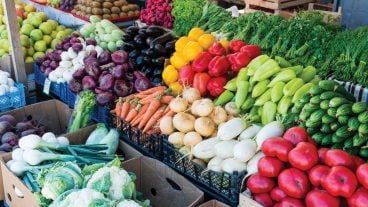
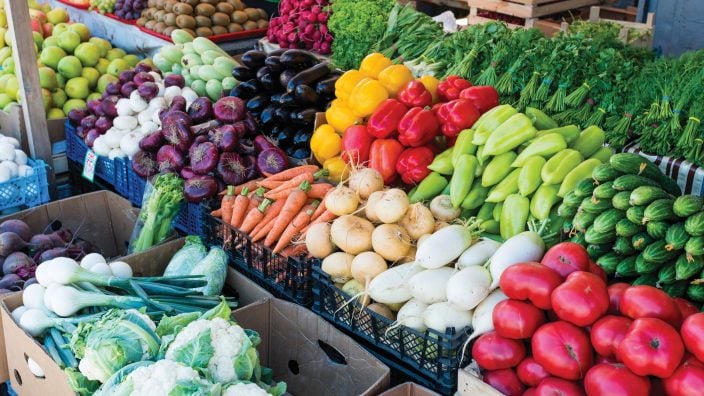
The Small-Scale Food Business Guide covers federal and state regulations for selling food products such as raw meat, dairy, eggs, baked goods, cottage foods, fruits and vegetables, honey and more.
Read More

ODA will enroll 500,000 acres into the program for a two-week sign-up period, beginning April 22, 2024, through May 6, 2024. Contact local SWCD offices to apply.
Read More

Katie Share of Columbus has been named ExploreAg and Youth Development Specialist for Ohio Farm Bureau.
Read More

Mary Klopfenstein of Delphos has been named Young Ag Professional and Ag Literacy Program Specialist for Ohio Farm Bureau.
Read More

The plan has been updated to give sole proprietors access to more rate stability and a smart solution that offers potential savings on health care.
Read More

The American Farm Bureau Federation, in partnership with Farm Credit, is seeking entrepreneurs to apply online by June 15 for the 2025 Farm Bureau Ag Innovation Challenge.
Read More

Adele Flynn of Wellington has been elected treasurer of the Ohio Farm Bureau Federation and now holds the third highest elected office in Ohio’s largest and most influential farm organization.
Read More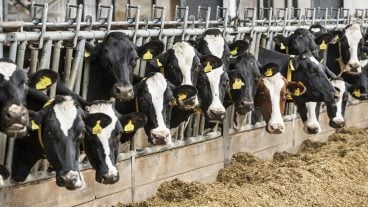
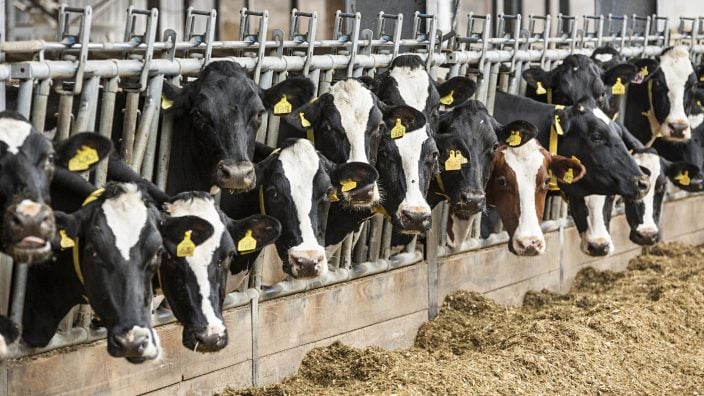
Producers are urged to work with their veterinarian to practice enhanced biosecurity measures and review and limit cattle movements within production systems.
Read More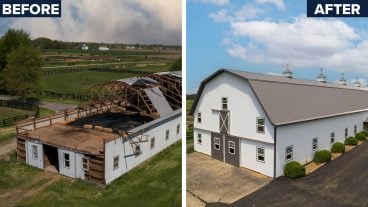
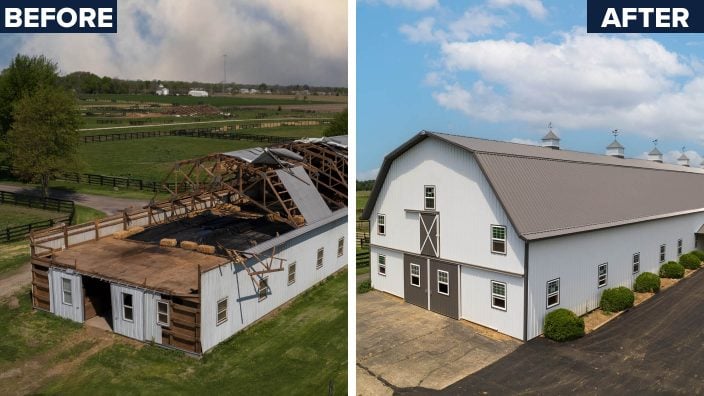
The changing seasons bring with them the need to thoroughly inspect pole barns for any damages that may have occurred during the winter months.
Read More